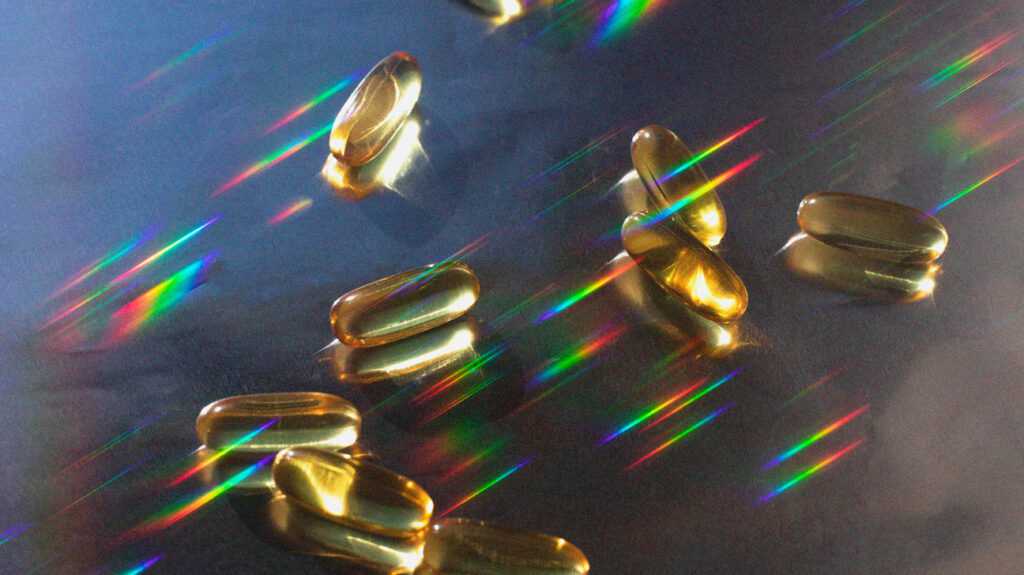Very high dosages of vitamin D may delay frailty in later years
31 October, 2020

A little study in mice shows that a dosage of vitamin D five times the existing recommended amount for older adults could slow the development of frailty. However, the researchers now need to confirm this finding in humans.
Doctors currently define a person as “frail” if they display three or more of the next five characteristics:
- unexpected weight loss
- weak grip strength
- self-reported exhaustion
- low degrees of physical activity
- slow walking speed
Frailty will increase with age, affecting around half of people aged over 85 years. It is associated with disability, loss of independence, and increased rates of mortality.
Research suggests that people who have low levels of vitamin D within their blood will become frail. This is an especially pressing concern, as up to 1 1 billion persons globally may have insufficient levels.
Having adequate degrees of vitamin D is connected with a variety of health advantages, including healthier bones and teeth and more robust immunity to respiratory infections.
Your body can synthesize its own vitamin D when your skin has exposure to the UV light in sunlight. However, during winter season in higher latitudes, and for people who spend almost all of their time indoors, the principal resources of vitamin D are diet and supplements.
Optimum intake
There is some uncertainty about the levels of vitamin D a person should consume.
The National Academy of Medicine recommend a daily intake of 600 international units (IU) for adults aged 19-70 years and 800 IU each day for folks aged 70+ years.
According to a study group at the Veterans Affairs Western NY Healthcare System and the University at Buffalo - both in Buffalo, NY - these suggestions are largely predicated on optimizing bone health.
They believe that higher levels are necessary to maintain muscle strength preventing frailty.
Their previous research in “middle-aged” mice suggests that a long-term insufficient intake of vitamin D in middle age may result in an impaired capacity for anaerobic exercise, decreased muscle mass, and increased levels of adipose, or fat, tissue.
Their latest work in mice, which appears in the journal Nutrients, indicates that not getting enough of the vitamin in older age may accelerate the development of frailty.
“We found that in aged mice, low degrees of vitamin D [resulted] in physical declines, such as for example reduced grip strength and grip endurance - the opportunity to sustain a grip - and that they started developing as soon as 1 month after reduced amount of vitamin D intake,” says first study author Kenneth L. Seldeen, Ph.D.
Crucially, vitamin D only protected the mice from these effects when intake was several times higher than the equivalent recommended intake for older adults.
“To slow the progression of frailty, it actually took greater amounts of vitamin D than what is currently considered enough for a human,” says Seldeen.
Source: www.medicalnewstoday.com
TAG(s):
